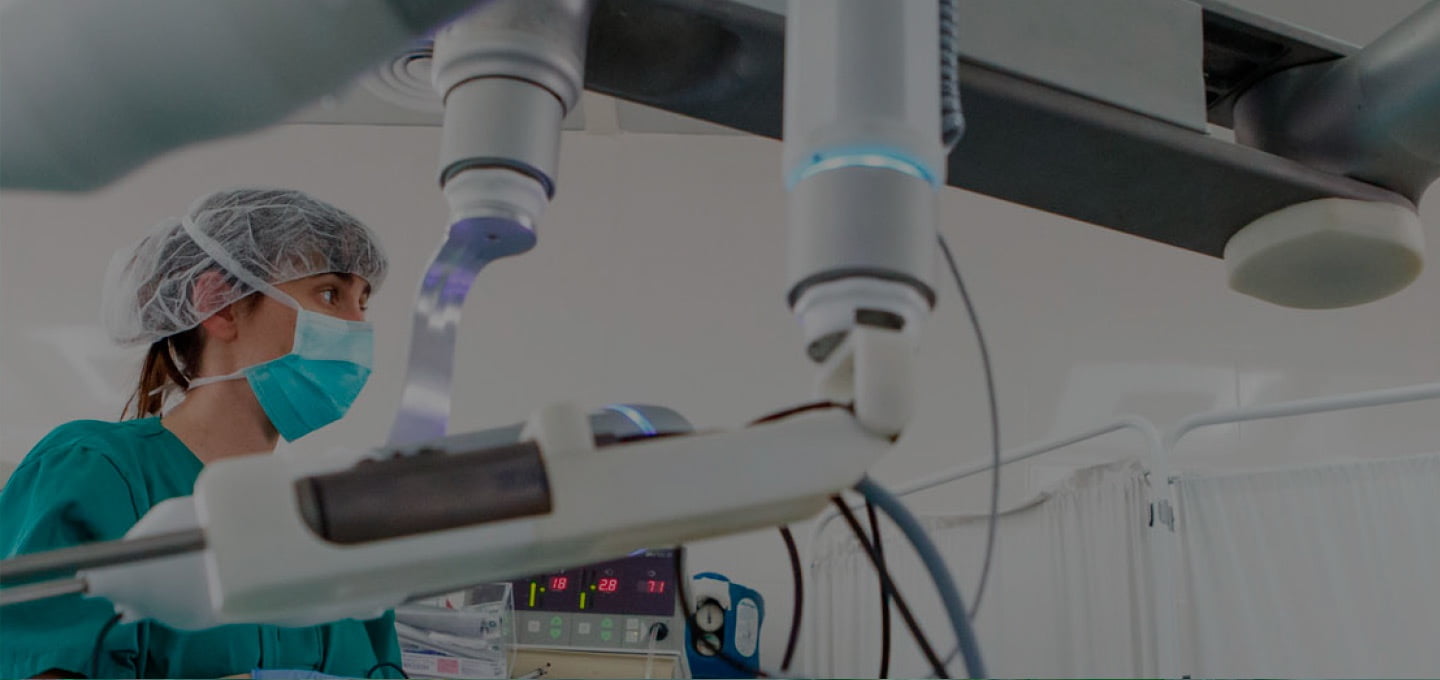Accreditations
Research performed at Specipig is conducted in compliance with the internationally accepted quality standards, following the guidelines issued by the International Council for Harmonisation of Technical Requirements for Pharmaceuticals for Human Use (ICH), the European Medicines Agency (EMA), ISO 10993, US Food and Drug Administration (FDA) and other relevant health authorities.
Specipig is an authorized breeding, supplier and animal experimentation centre since 2014 (B9900041).
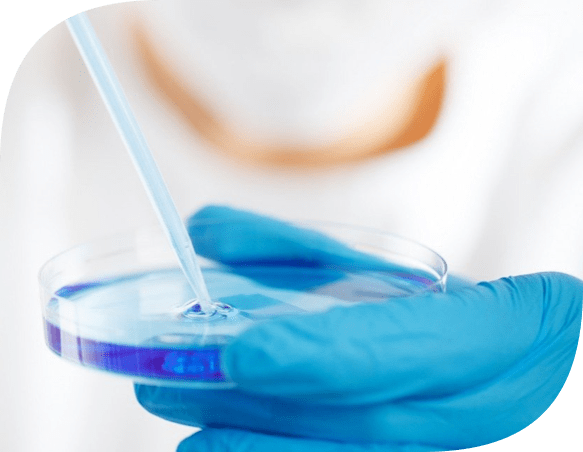
Good Laboratory Practice (GLP)
The term “GLP” or “Good Laboratory Practice” refers to a quality system that applies to non-clinical studies that assess the safety and efficacy of chemicals, medical devices and pharmaceuticals to be used on man, animals or in the environment. GLP comprises a set of quality standards that guarantee the uniformity, consistency, reliability, reproducibility, quality and integrity of chemical and pharmaceutical non-clinical safety tests. The GLP quality system was adopted by the Organization for Economic Co-operation and Development (OECD) in 1992.
Specipig obtained GLP certification in 2016 and has renewed biannually since then.

ISO 13485 - Quality Management Systems for Medical Devices
Standard that specifies the requirements of a quality management system when an organization demonstrates its ability to manage products and services that meet customer requirements and applicable regulations.
This management system can be applied by organizations involved in one or more stages of the life cycle of a medical device, such as design and development; storage and distribution; installation, technical support, and final uninstallation and disposal; as well as the design and development and the provision of related services (technical support).
Specipig obtained ISO 13485 in 2024.
Quality Policy
Our commitment with quality is a fundamental element of SPECIPIG’s business and day-to-day operations in order to plan and execute preclinical studies in animal models.
This Quality Policy is supported by a Quality Manual, which describes the processes executed in the Quality Management System (QMS).
Management will take the appropriate measures to avoid fraudulent or corrupt practices that can be detected in any area of the company.
SPECIPIG works to reach excellence in the following topics:
· Services
· People
· Animal welfare
· Quality Assurance Management
Therefore, our Quality Policy provides the framework that describes the commitment of our organization to ensure quality, animal welfare, regulatory compliance, risk management, continuous improvement, customer and employees’ satisfaction and business focus.
Openness on Animal Research
Specipig has joined the agreement on Openness on Animal Research promoted from the Federation of Scientific Societies in Spain (COSCE), with the collaboration of the European Association of Research Animals (EARA), and launched in 20 September 2016.
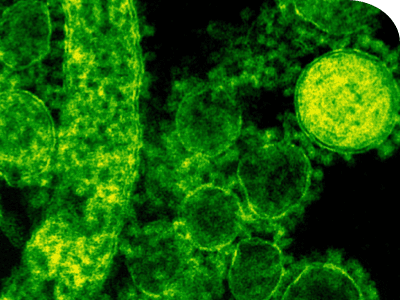
Animal experimentation plays a fundamental role in the discovery of the underlying biological mechanisms of disease, and in the developing of medical treatments. Without research in animals, we would not have most of the medicines, antibiotics, vaccines and surgical techniques that are applied nowadays in human and veterinary medicine.

An important part of the research undertaken at Specipig aims to contribute to the improvement of human health and wellbeing and is carried out with the pig model.
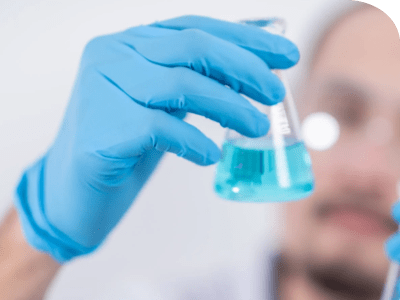
The welfare of animals used for research purposes is of paramount relevance for Specipig, and also the strict compliance and respect to the current legislation on the protection of animals used in research or for other scientific purposes, including education. Our aim is to achieve the highest standards in animal welfare, not only from the point of view of our moral responsibility towards them, but also because we are convinced we could not achieve research excellence without proper animal welfare.

Our experiments with animals follow the legal standard and are assessed by the Ethics Committee on Animal Experimentation that promotes the use of alternative methods, the reduction in the number of animals used and the refinement in the experimental protocols applied. Not a single research project requiring the use of animals can start without the appropriate and required ethics assessment and the eventual authorization from the competent authorities.
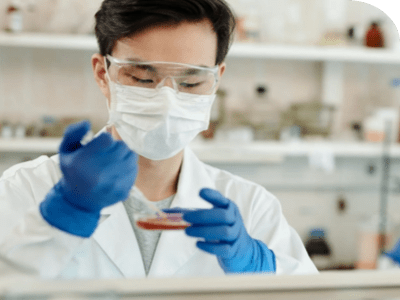
Specipig also ensures that the personnel involved in animal care and the researchers have the adequate education and training and the required professional skills, and that all resources are provided to keep research animals in the proper facilities, husbandry, wellbeing and veterinary care.
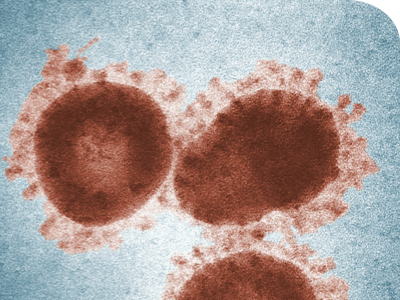
Specipig has been involved in initiatives towards the Openness on Animal Research, such as, appearances in mass media, popular science seminars, open-doors day,…
AAALAC certification
The AAALAC International accreditation program evaluates organizations that use animals in research, teaching or testing. Through a voluntary accreditation programme, it also promotes the humane treatment of animals used in research. Specipig is planning to obtain the accreditation in short.
